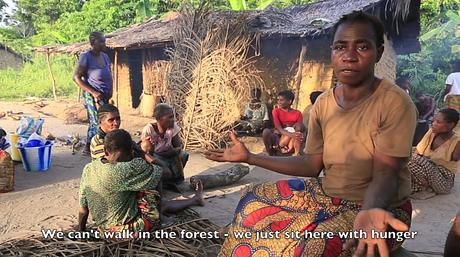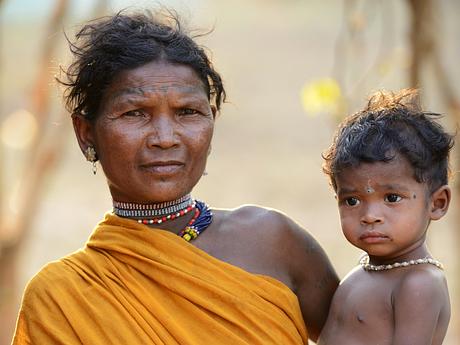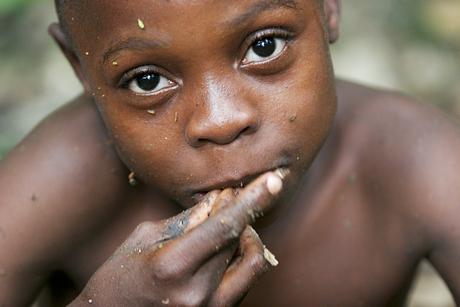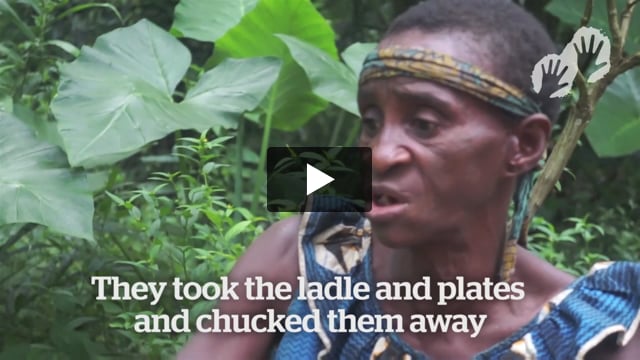World Wildlife Day: tribespeople denounce persecution in the name of 'conservation'
March 2, 2015
 © Survival International
© Survival InternationalThis page was last updated in 2015 and may contain language which is now outdated.
To mark World Wildlife Day on Tuesday, Survival International, the global movement for tribal peoples’ rights, exposes abuses faced by tribal peoples in the name of wildlife “conservation.”
Powerful video testimonies by Bayaka “Pygmies” in the Republic of Congo highlight their intimate connection with their lands and the abuses they face at the hands of anti-poaching squads – who are often funded by large conservation organizations like the Worldwide Fund for Nature and the Wildlife Conservation Society (WCS).
The lives of thousands of Baiga tribespeople in India were destroyed after being forcibly and illegally evicted from Kanha Tiger Reserve – home of the “Jungle Book”. Their communities have been scattered and left without land, but tourists are welcomed into the reserve.
Watch video testimonies by Bayaka and Baiga © Jin Lewis/Survival International
Liquid error: internal
“The ecoguards [anti-poaching squads] make us sit here starving. They have ruined our world. If we try to hunt in the forest they beat us so badly. They even kill us if they see us in the forest,” a Bayaka woman reports.
Another Bayaka woman told Survival in 2013, “The anti-poaching squad told me to move the child that was at my feet. Then they beat my back with pieces of wood and I fell to the ground. With every threat they made, they would beat me again.”
A Baiga man told Survival in 2012, “Poison us, finish us off right here, that is good, but do not uproot us.” In 2014, his community was evicted from Kanha in the name of tiger conservation.
 © Survival International
© Survival International
Tribal peoples are the best conservationists, yet they are being illegally evicted from their ancestral homelands in the name of “conservation.”
Survival’s “Parks Need Peoples” campaign calls for a radical change of conservation policies, based on the principles that tribal peoples are the best conservationists and that forcibly removing them from their ancestral homelands usually results in environmental degradation.
Survival’s Director Stephen Corry said today, “Organizations which exist to promote wildlife conservation need to radically rethink the way they work. They need to realize it’s they, themselves, who are the junior partners, not the tribespeople whose lands are being taken, and who are being persecuted and abused.”
Notes to editors:
- Download Survival’s “Their land, our futures” conservation principles
- The Bayaka interviews were filmed for the Conference on Hunting and Gathering Societies (CHaGS) 10
- “Pygmy” is an umbrella term commonly used to refer to the hunter-gatherer peoples of the Congo Basin and elsewhere in Central Africa. The word is considered pejorative and avoided by some tribespeople, but used by others as a convenient and easily recognized way of describing themselves. Read more.




